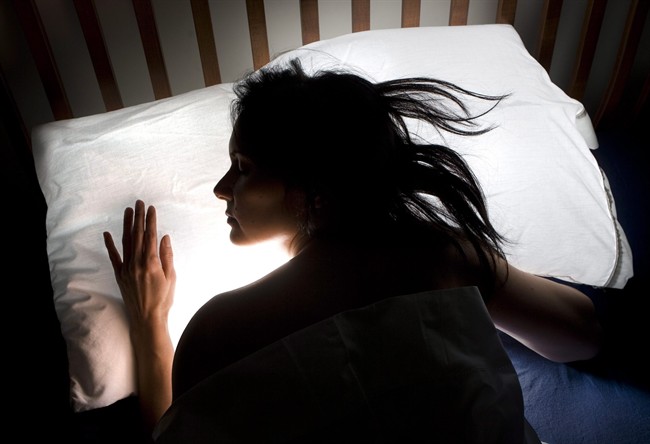It’s enough to give you nightmares: Recent testing found that pillowcases, bed sheets, and mattresses harbour millions of bacteria.

Tests were conducted on volunteers’ sheets and pillowcases every week over four weeks of use. The results found a higher bacteria count on the bedding than on many of the grimiest places in your home.
“Pillowcases washed a week ago have over 17,000 times the number of bacteria as a toilet seat!” the results shouted.
Not so fast, says germ expert Jason Tetro — after he was able to stop laughing. Tetro is a microbiologist and author of the bestseller, The Germ Files.
“They’re just playing on peoples’ fears,” said Tetro. “No one should ever take this type of study seriously.”
READ MORE: 5 things you need to know about bacteria
He says while it’s true, there are millions of bacteria present on your sheets, they are not going to harm you.
“What they found is exactly what you would expect to find,” said Tetro.
Our bodies shed about a million microbes per hour, even while sleeping. And when you’re in bed, they end up on your sheets.
“You’re obviously going to see all these different types of bacteria, you’re going to see high levels, into the millions, but the fact is they’re mostly yours. These bacteria are essentially coming from your skin.”

Get weekly health news
“There’s really no likelihood that there’s going to be any type of problems in terms of your health.”
They simply can’t be compared to the germs found on a high-traffic bathroom doorknob, a slobbery pet toy, or a toilet seat.
READ MORE: These are the dirtiest places in your office
Of all the different kinds of bacteria out there, you’re only likely to come in contact with about a dozen in your lifetime that will actually make you sick, Tetro said. And those harmful bacteria are likely to come from contaminated foods, water, or other people.
The bedding study, conducted by mattress company AmeriSleep, is feeding into germaphobe tendencies to encourage consumer spending, Tetro suggests.
“I look at that, and I just shake my head,” said Tetro. “All they want to do is try and scare the public into making more feet shuffle into their stores.”
So how often should you wash your sheets? The American Cleaning Institute suggests laundering bedding at least every two weeks, or more if you sweat a lot.
The Centers for Disease Control and Prevention (CDC) suggests using your common sense.
“The risk of actual disease transmission from soiled linen is negligible,” the CDC states. “Rather than rigid rules and regulations, common-sense hygienic practices for processing and storage of linen are recommended.”


Comments